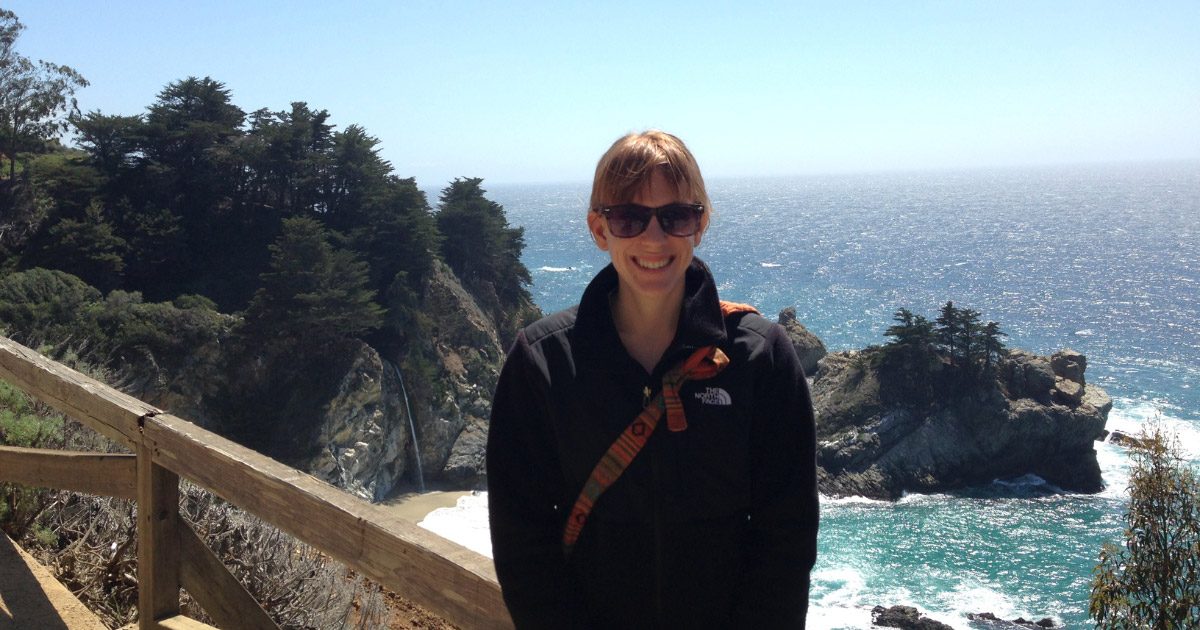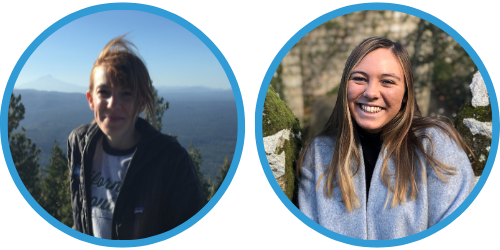The Women of CalTrout
March is Women's History Month, and all month long we are celebrating the historical and contemporary accomplishments of women around the world. Within our own organization, we are continually encouraged by the women of CalTrout who are creating real, lasting change. They are leading, discovering, exploring, lobbying, advocating, healing, nurturing, building relationships, and making their own mark on history each day they step into the office or the field. Follow our Women of CalTrout profile series as these women share their own stories and experiences as women in conservation, science, and intertwined fields at CalTrout.
Melissa Rackyleft, Senior Grants Manager, and Kara Glenwright, Communications Manager
KG: What inspired you to pursue a career in conservation and a career at CalTrout?
MR: I actually didn’t intentionally pursue a career in conservation, but I was interested in grant writing as a career. I don't have a background in science or fish so when I was hired at CalTrout, I just kind of fell into it. But it worked out! I’ve been at CalTrout almost ten years now.
KG: What is your favorite part of your job? Could you share with me some of the most rewarding moments of your work?
MR: It might sound cheesy, but I have to say my coworkers. I feel like I work with the best people! My team is amazing, but really everyone at the organization are such dedicated, passionate, and kind people. Of course it’s always a good feeling when we get a grant award. Those of us on the admin side don't get to go out into the field as much and get our hands dirty, so anytime we get an award that's the moment when I get to feel like I have a part in this - the work is going to happen and move forward. I'm not putting a shovel in the ground, but I helped make the work possible.
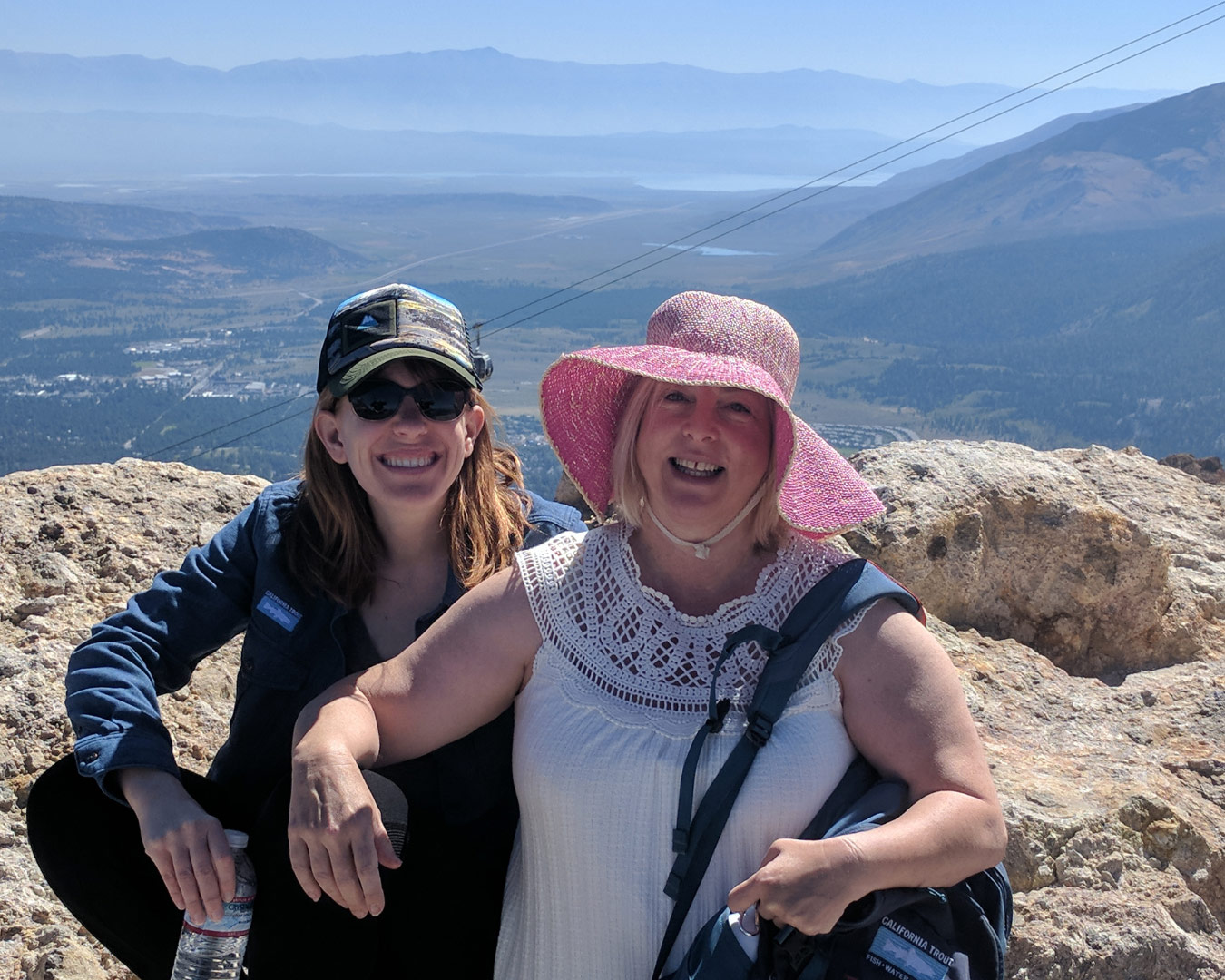
KG: What does it mean to you to be a woman in this field?
MR: I think being a woman in any field can be challenging. You're working against bias and trying to make your voice heard. And the angling and conservation world has been historically pretty male-dominated. I'm so grateful for all the women who came before me, the trailblazers who paved the way for me to be here now. I think we're hopefully moving toward a world where things aren’t so binary, and instead all of us are working together to make things better and protect our resources. It's exciting to feel like things are moving in the right direction, and CalTrout is part of that.
KG: To celebrate the "history" part of Women's History Month—is there a woman from history that you find especially inspiring? Or perhaps someone from your own life?
MR: One woman from recent history who comes to mind is Greta Thunberg. I read that she started learning about climate change when she was 11 years old, and then she started protesting when she was 14 or 15. I was definitely not thinking about climate change when I was 14! I think it's incredible that she's so bold as such a young person. She's received a lot of criticism, and she just doesn't care. Or maybe she does care, but she doesn't let it stop her. She refuses to sit down and be quiet. Instead she says, no, this is serious, I'm going to talk about it, and you can't stop me.
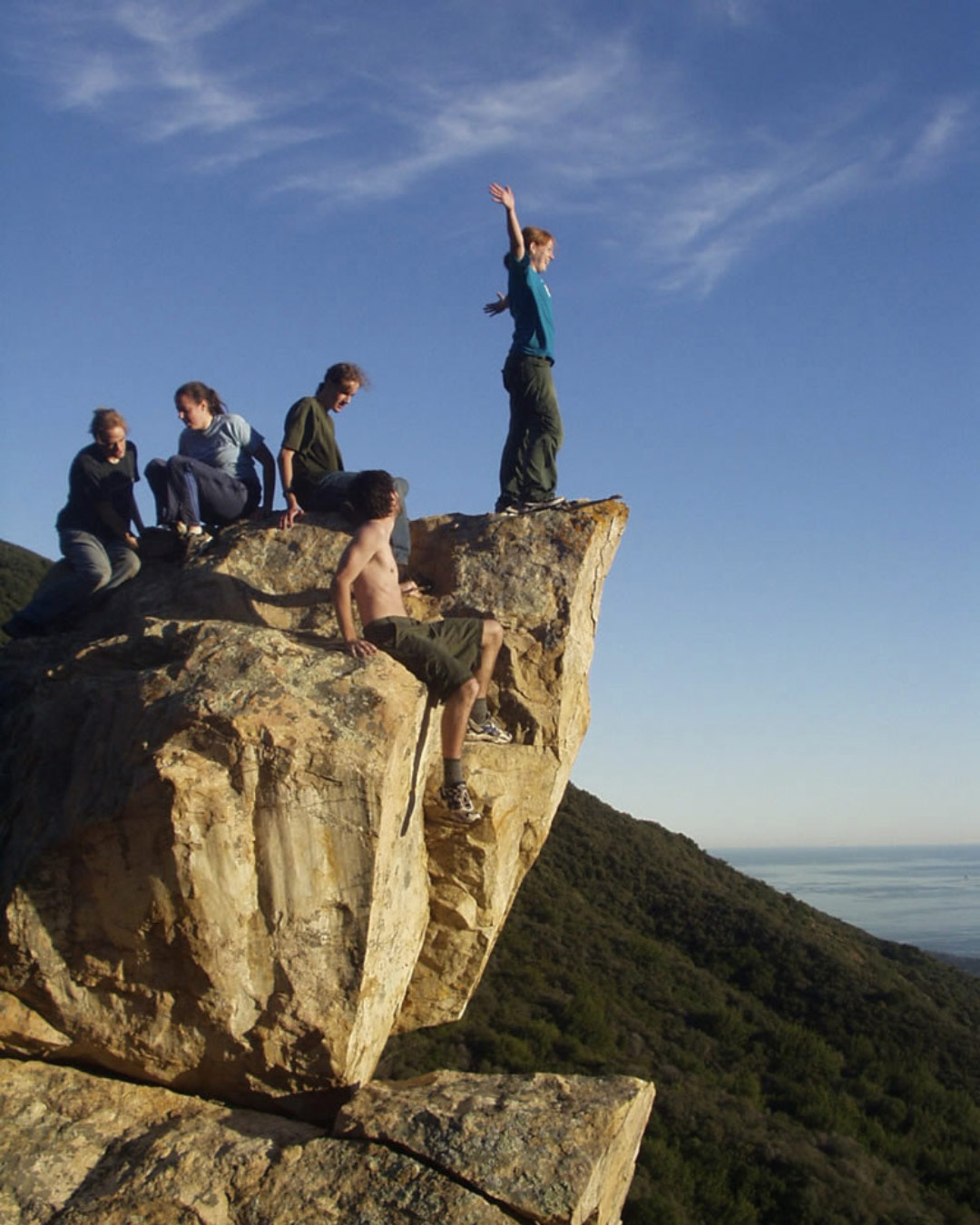
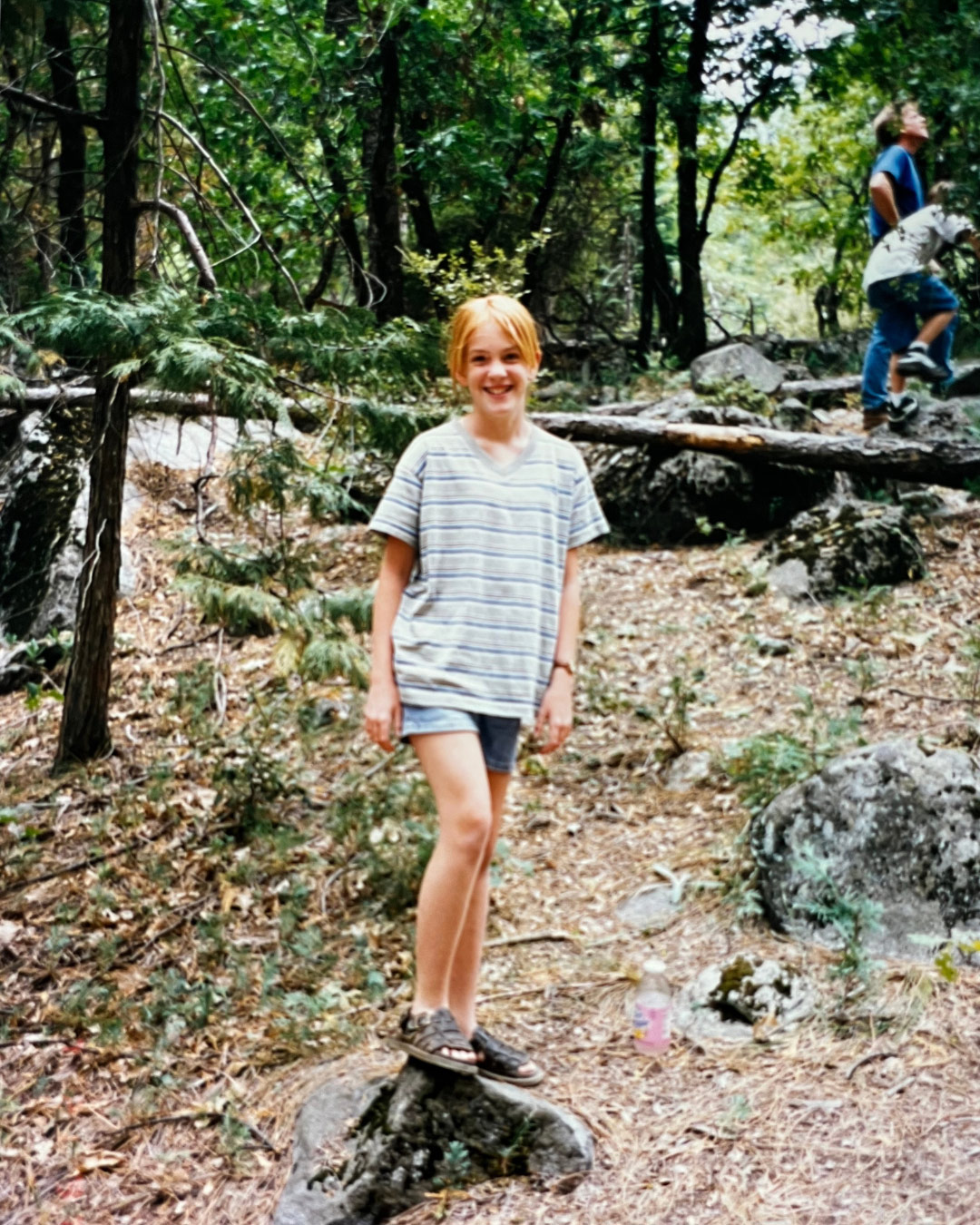
KG: Looking to future generations of women — what message would you share with younger women who hope to pursue a career in conservation someday?
MR: It's not always a straight path. I had a really meandering journey to get here, and I had a lot of random jobs along the way. My resume was all over the place. But it’s ok to try things out, and see how it goes. If it doesn't work, do something else. You can start small: read a book, take a class, do an internship, learn as you go.
I have also been incredibly lucky to get to work with Gaby (CalTrout’s Director of Institutional Giving), because she took me under her wing and showed me the ropes. I realize it’s not great advice to tell people to try to get lucky! But if you can find someone in your field who you admire and who is willing to bring you along and provide guidance and mentorship – that is something that has been truly invaluable to me in building my career.
KG: Last question! Do you have a favorite river or body of water in California?
MR: I grew up in Northern California and the Sacramento area so I enjoyed school field trips and whitewater rafting trips to the American River. I would also add Lake Tahoe. It’s just so beautiful, and I have great memories of family trips there.
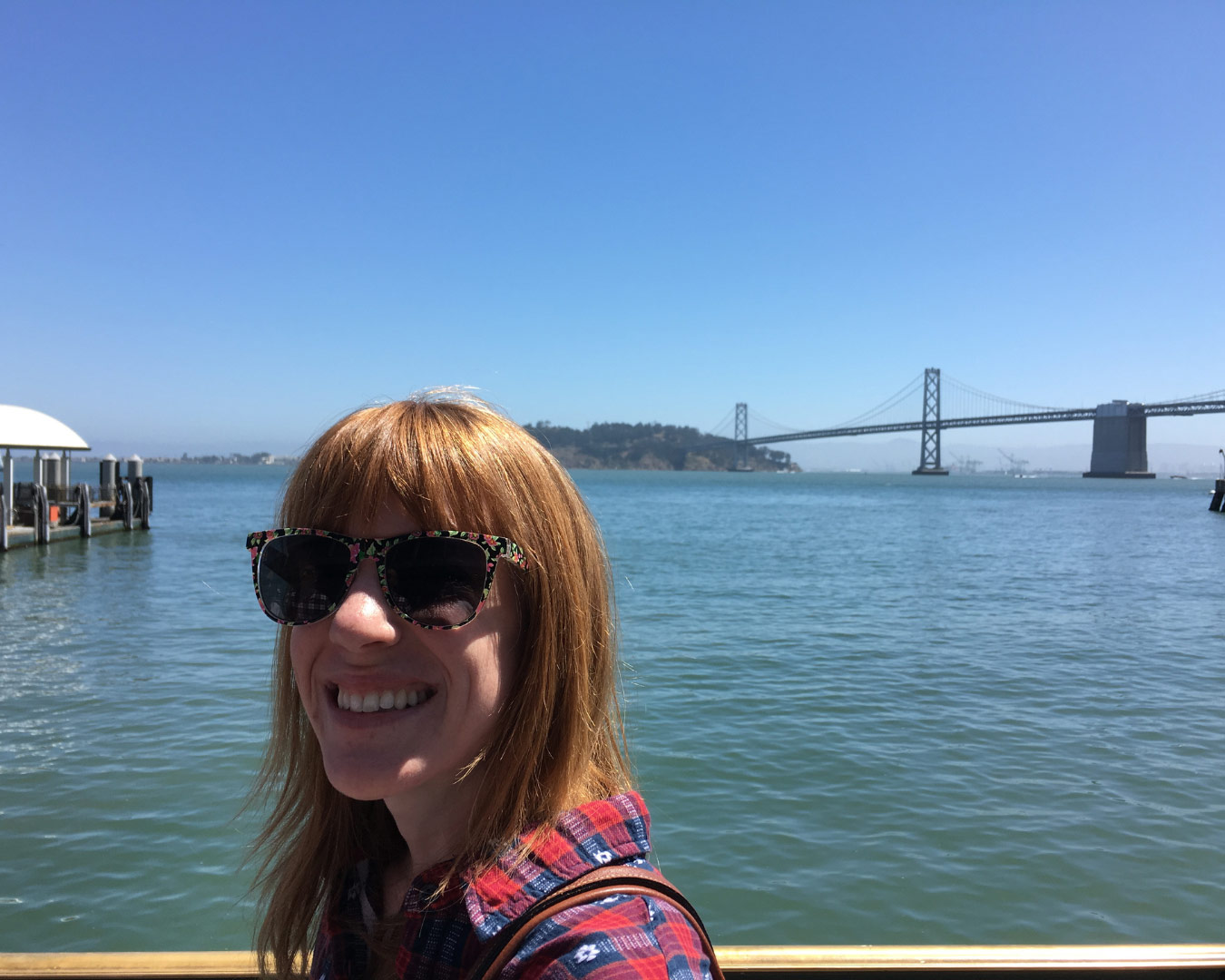
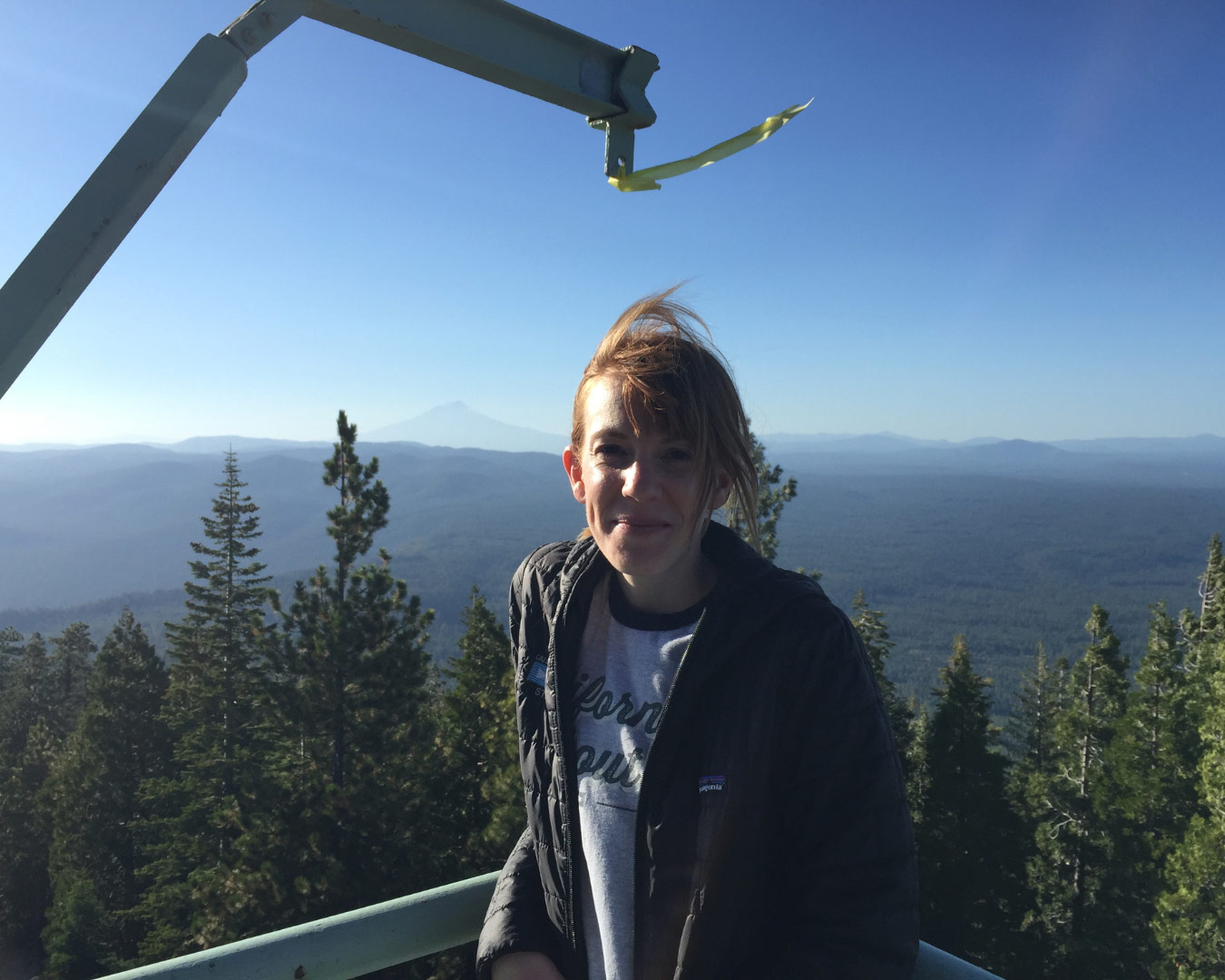
Meet the Women of CalTrout
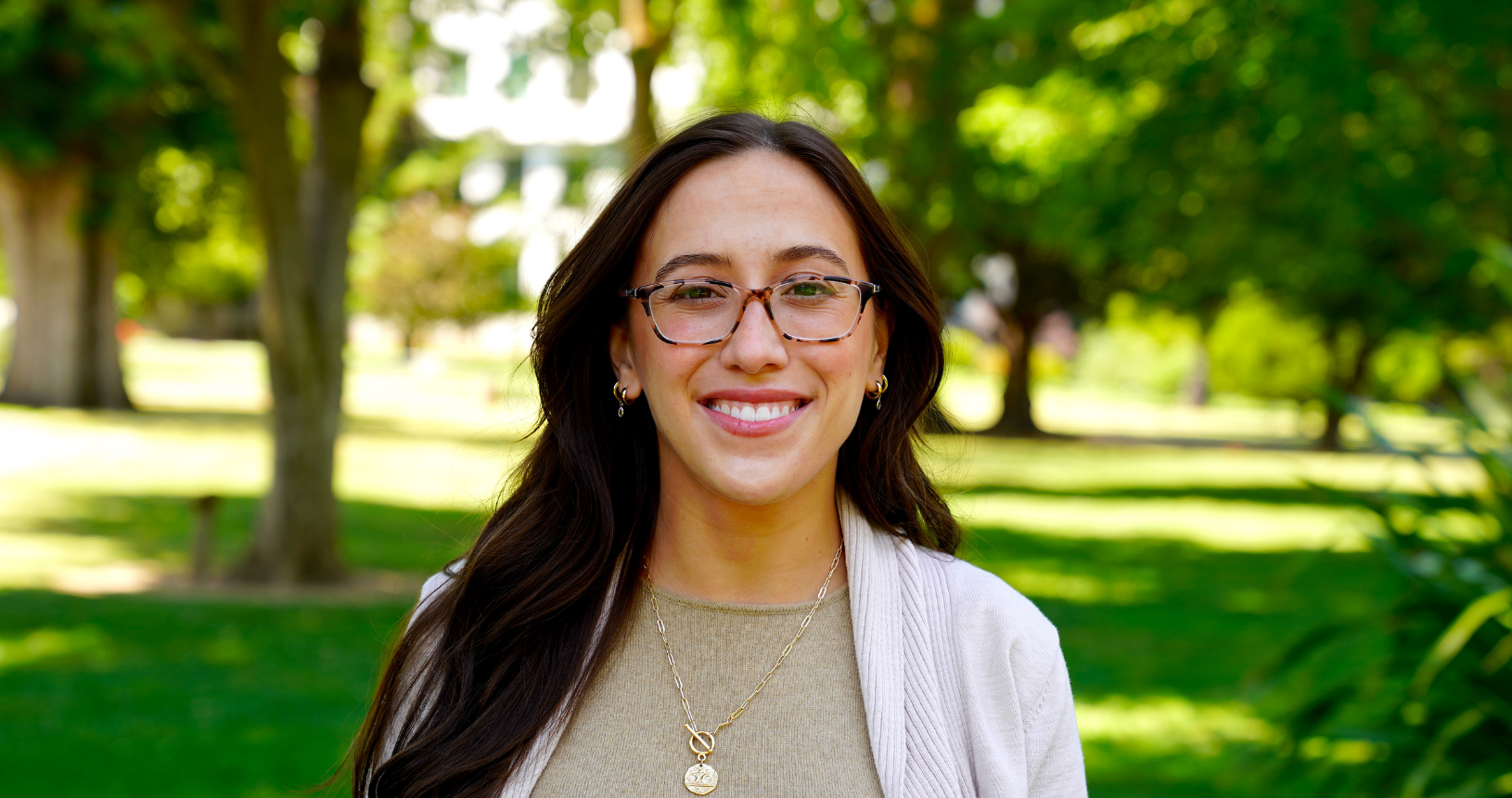
Analise Rivero
CalTrout Associate Director of Policy
Amanda Cooper
CalTrout Staff Attorney
Katy Gurin
CalTrout North Coast Project Manager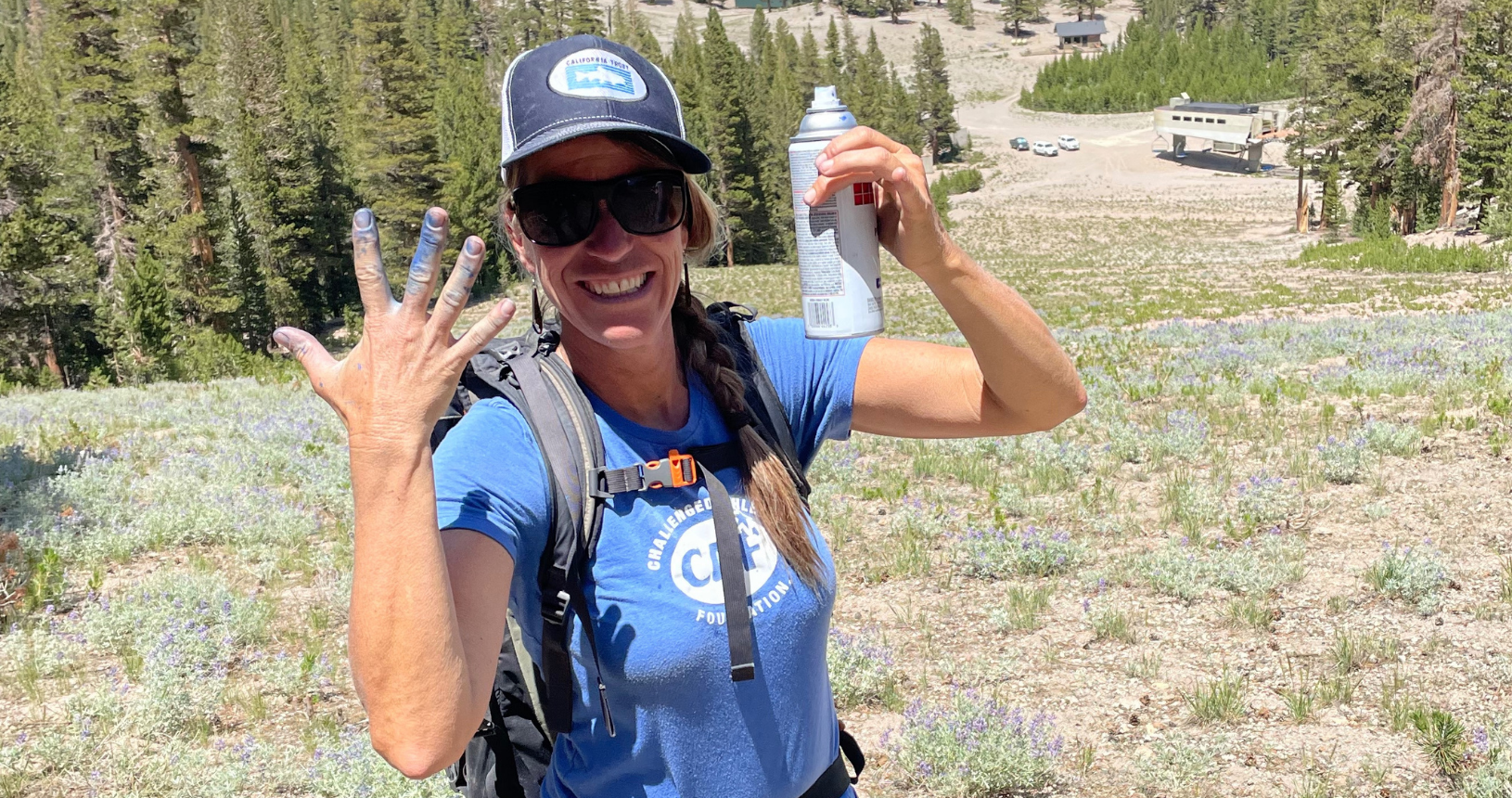
Allison Dodds
CalTrout Sierra Headwaters Project Manager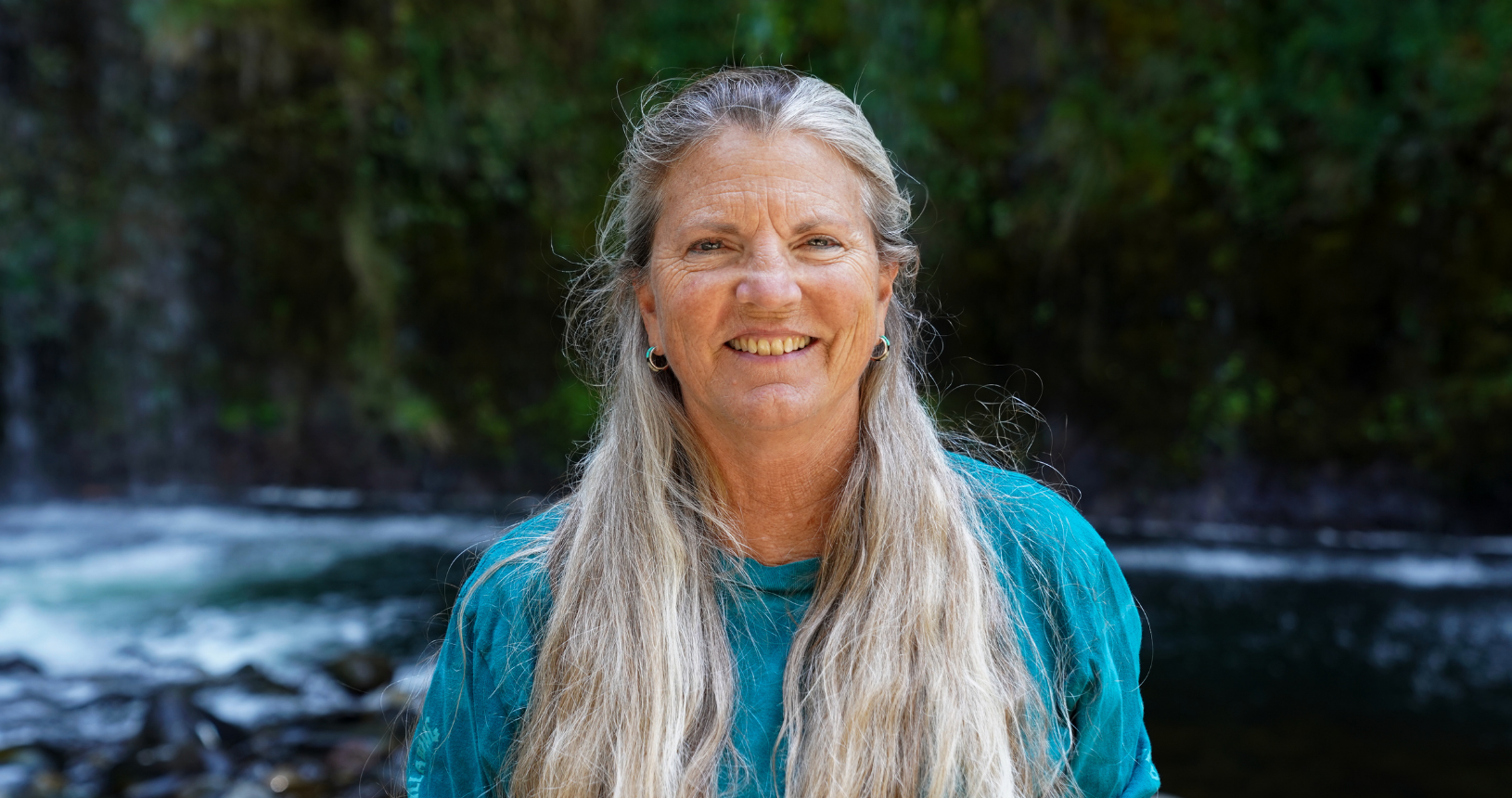
Sandra Jacobson
CalTrout Sierra Headwaters & South Coast Regional Director
Ada Fowler
CalTrout Mount Shasta-Klamath Senior Project Manager
Kam Bezdek
CalTrout Policy Associate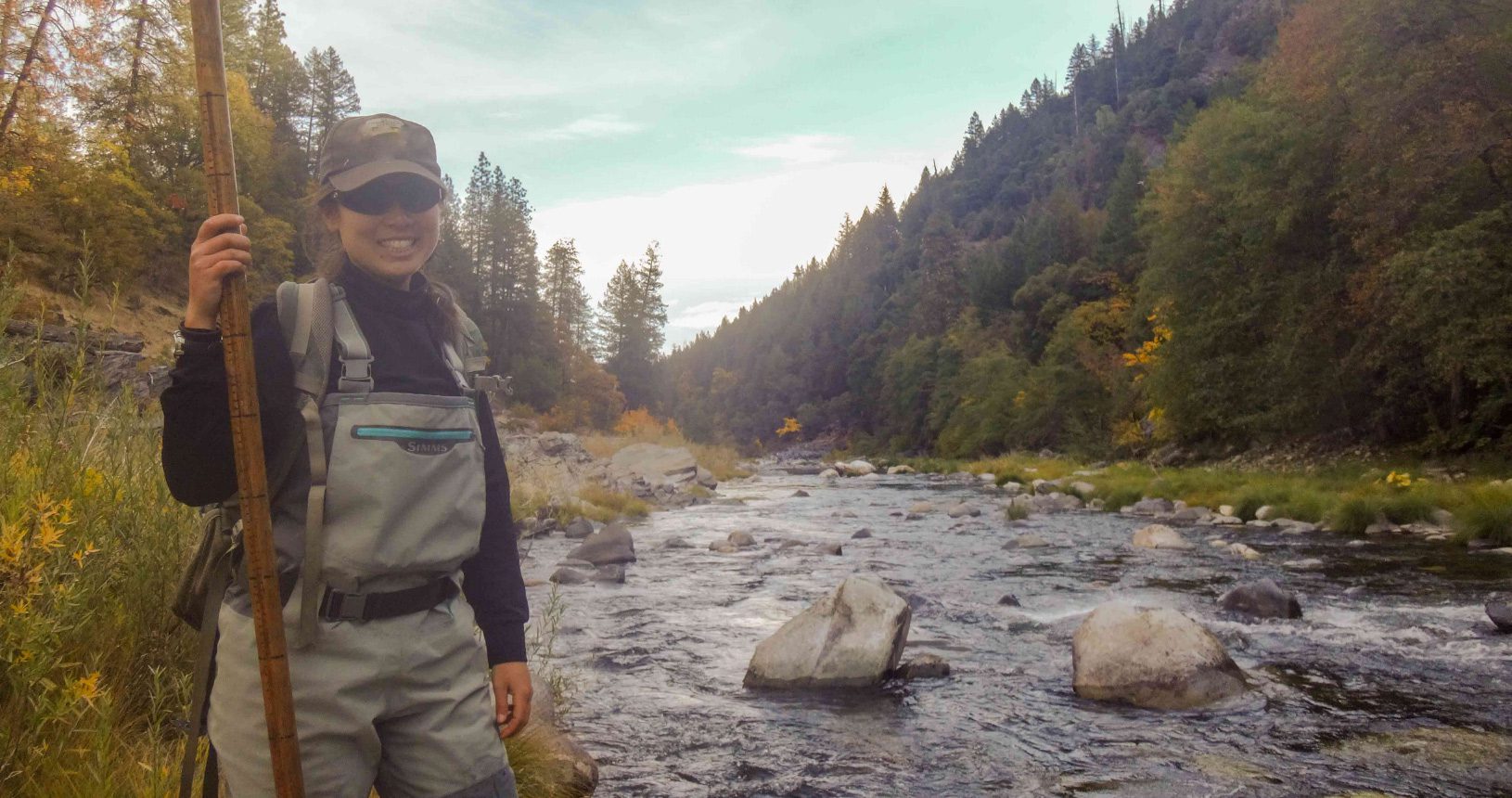
Serena Doose
CalTrout Mt. Shasta-Klamath Project Manager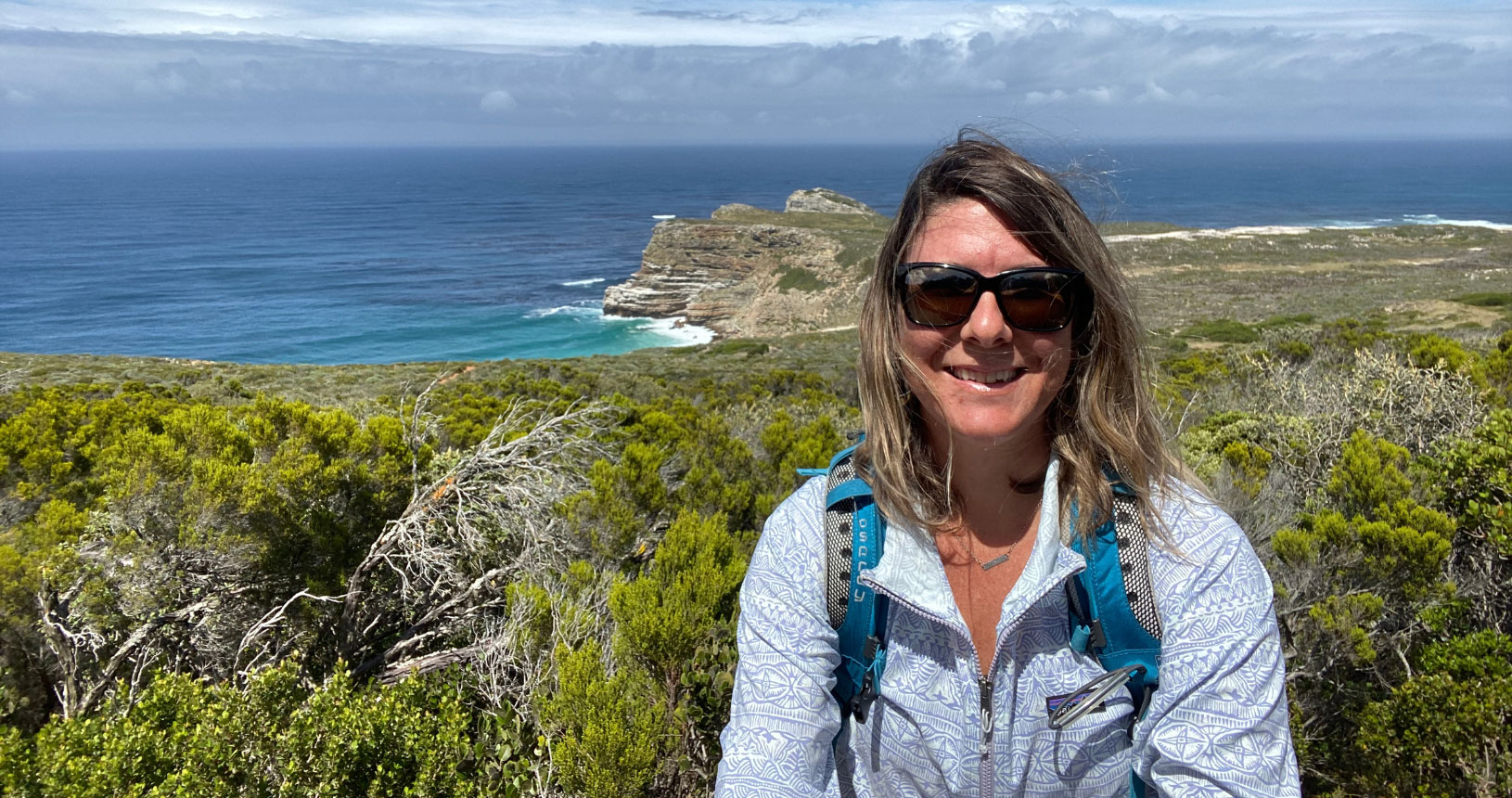
Holly Swan
CalTrout Mt. Lassen Project Manager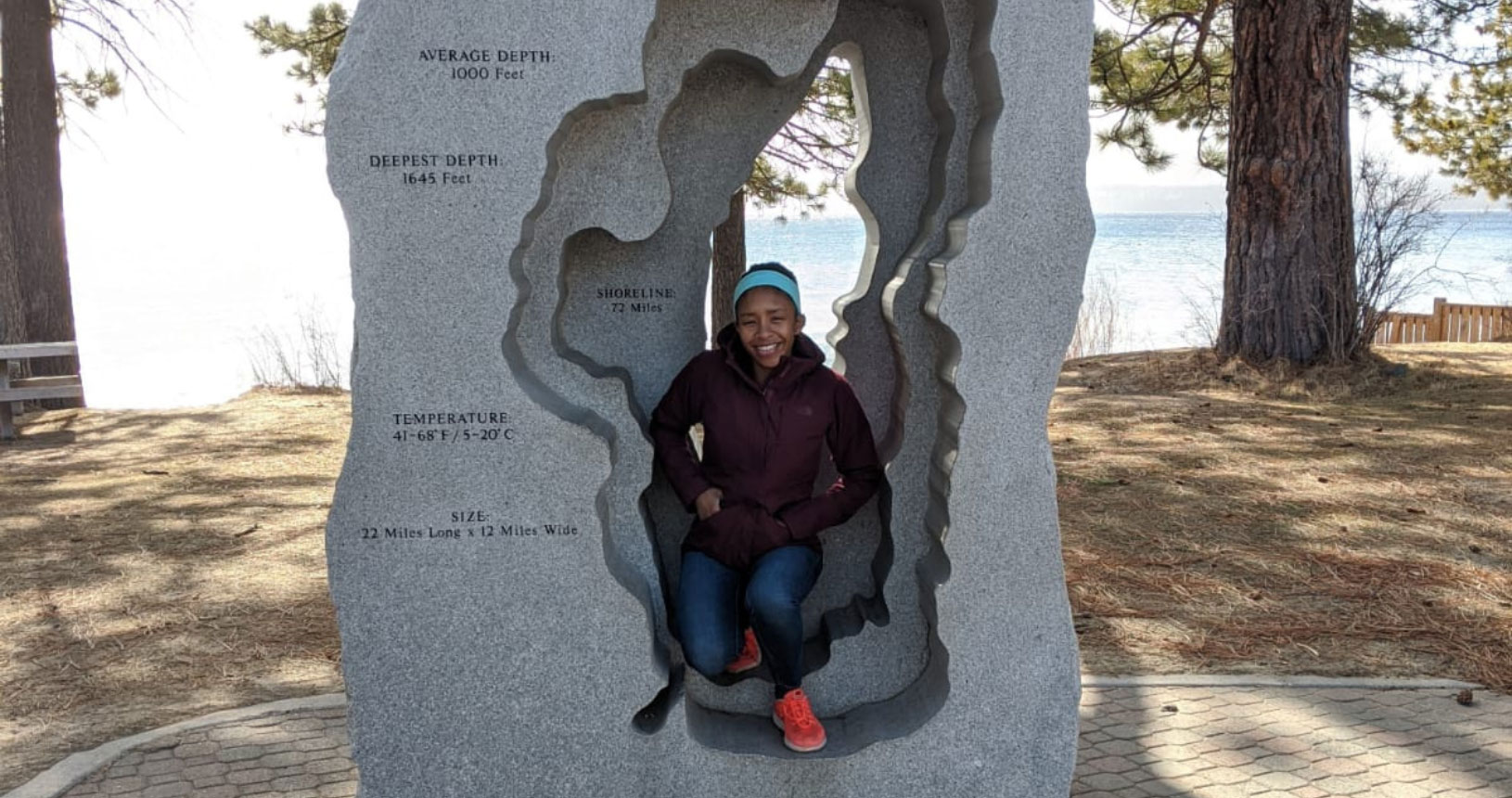
Camyle Allen
CalTrout Conservation Contracts Manager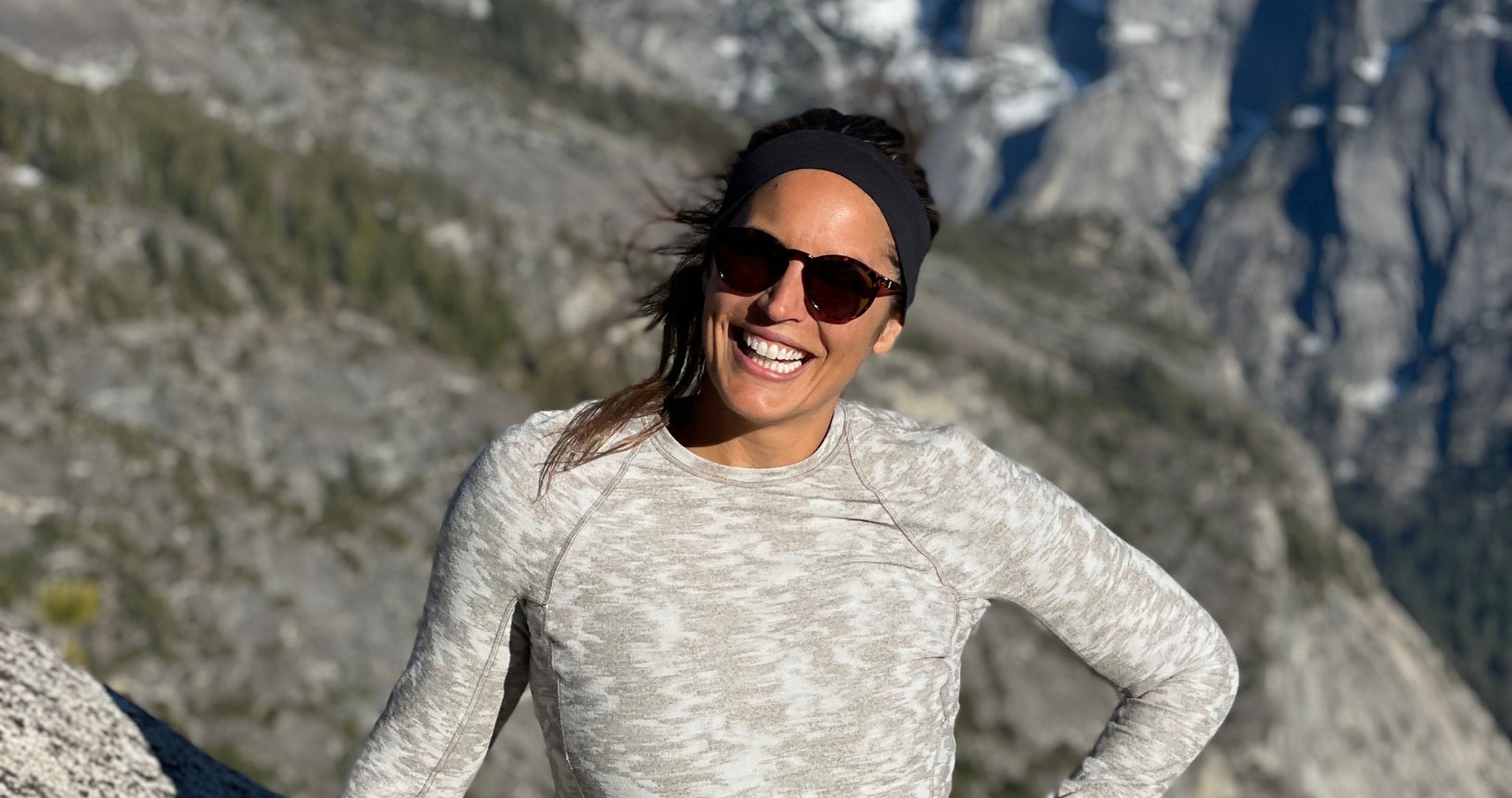
Claire Buchanan
CalTrout Bay Area Senior Project Manager
Marrina Nation
CalTrout Sierra Headwaters Project Manager
Gaby Roff
CalTrout Director of Institutional Giving
Malinda Baker
CalTrout Grants Associate
Lazara Ramos
CalTrout Grants Manager
Melissa Racklyeft
CalTrout Senior Grants Manager
Sarah Trenschel
CalTrout Member


